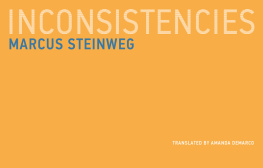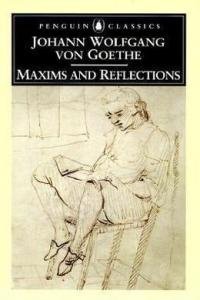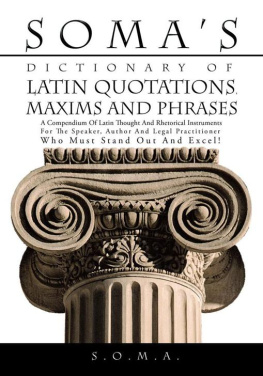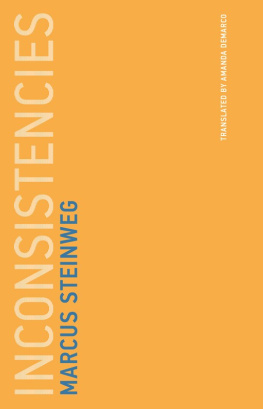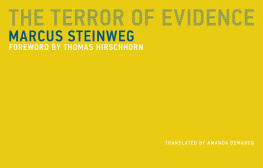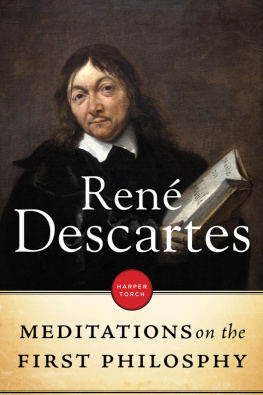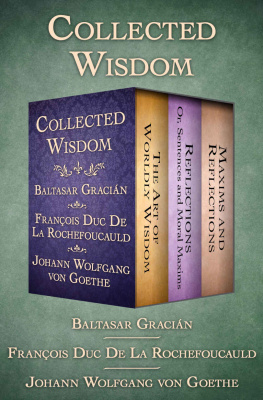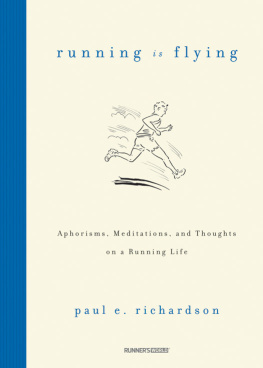DeMarco Amanda - Inconsistencies
Here you can read online DeMarco Amanda - Inconsistencies full text of the book (entire story) in english for free. Download pdf and epub, get meaning, cover and reviews about this ebook. City: Cambridge;Massachusetts, year: 2017, publisher: MIT Press, genre: Religion. Description of the work, (preface) as well as reviews are available. Best literature library LitArk.com created for fans of good reading and offers a wide selection of genres:
Romance novel
Science fiction
Adventure
Detective
Science
History
Home and family
Prose
Art
Politics
Computer
Non-fiction
Religion
Business
Children
Humor
Choose a favorite category and find really read worthwhile books. Enjoy immersion in the world of imagination, feel the emotions of the characters or learn something new for yourself, make an fascinating discovery.
- Book:Inconsistencies
- Author:
- Publisher:MIT Press
- Genre:
- Year:2017
- City:Cambridge;Massachusetts
- Rating:5 / 5
- Favourites:Add to favourites
- Your mark:
- 100
- 1
- 2
- 3
- 4
- 5
Inconsistencies: summary, description and annotation
We offer to read an annotation, description, summary or preface (depends on what the author of the book "Inconsistencies" wrote himself). If you haven't found the necessary information about the book — write in the comments, we will try to find it.
Inconsistencies — read online for free the complete book (whole text) full work
Below is the text of the book, divided by pages. System saving the place of the last page read, allows you to conveniently read the book "Inconsistencies" online for free, without having to search again every time where you left off. Put a bookmark, and you can go to the page where you finished reading at any time.
Font size:
Interval:
Bookmark:

Untimely Meditations
1.The Agony of Eros
Byung-Chul Han
2.On Hitlers Mein Kampf: The Poetics of National Socialism
Albrecht Koschorke
3.In the Swarm: Digital Prospects
Byung-Chul Han
4.The Terror of Evidence
Marcus Steinweg
5.All and Nothing: A Digital Apocalypse
Martin Burckhardt and Dirk Hfer
6.Positive Nihilism: My Confrontation with Heidegger
Hartmut Lange
7.Inconsistencies
Marcus Steinweg
8.Shanzhai: Deconstruction in Chinese
Byung-Chul Han
Marcus Steinweg
translated by Amanda DeMarco
The MIT Press
Cambridge, Massachusetts
London, England
2017 Massachusetts Institute of Technology
Originally published as Inkonsistenzen in the series Frhliche Wissenschaft by Matthes & Seitz Berlin: Matthes & Seitz Berlin Verlagsgesellschaft mbH, Berlin 2015. All rights reserved.
All rights reserved. No part of this book may be reproduced in any form by any electronic or mechanical means (including photocopying, recording, or information storage and retrieval) without permission in writing from the publisher.
This book was set in PF Din Text Pro by Toppan Best-set Premedia Limited. Printed and bound in the United States of America.
Library of Congress Cataloging-in-Publication Data
Names: Steinweg, Marcus, 1971- author. | DeMarco, Amanda, translator.
Title: Inconsistencies / Marcus Steinweg ; translated by Amanda DeMarco.
Other titles: Inkonsistenzen. English
Description: Cambridge, MA : The MIT Press, 2017. | Series: Untimely meditations | Includes bibliographical references.
Identifiers: LCCN 2017009920 | ISBN 9780262534352 (pbk. : alk. paper)
eISBN 9780262343534
Subjects: LCSH: Inconsistency (Logic) | Philosophy, German--21st century.
Classification: LCC BC199.I45 S7413 2017 | DDC 193--dc23 LC record available at https://lccn.loc.gov/2017009920
ePub Version 1.0
Le plus beau serait de penser dans une forme quon aurait invente.
Paul Valry
The acrobatics of thought includes leaps and somersaults. You could say that it allows the subject to leave the ground of reflection. But doesnt this very term imply a motion that drags reason behind it, threatening to rupture it? Reflection has nothing to do with taking secure steps on stable ground. The conditions of reflection guarantee that thought cannot be guaranteed. The subjects only guarantee is that it borders on an abyss, which it cannot bridge. And yet it itself is a sort of bridgeone that reaches into the unknown.
If its true as Georges Bataille claims, that for Friedrich Nietzsche life was in essence a game, then what kind of game is it? Bataille is right to associate it with war insofar as war itself is a game or exercise, before it becomes brutal, violent politics. This is ultimately what Nietzsche calls life, actively participating in a game whose meaning proves to be the impossibility of meaning.
By translating the ancient Greek word with the words origin and command, Giorgio Agamben makes the claim that there is no for commandthat is, logos ex nihilobecause the command itself is or at least because it takes the place of the origin. Can it be said that the thought of Wittgenstein, Derrida, and Agamben all share a structural homology in which the origin, the , appears as an element that cannot be made logical?
But that would mean that a certain floating and lightness is proper to thought. It indicates a logos that totters with precision. Would that be the logos of art and philosophy?
Philosophy entails opening to the dimension of the exterior, which Jacques Lacan labeled the real. One couldalong with Nietzsche as well as Deleuze and Flix Guattarialso speak of chaos. In any case, its the experience of a resistance that cannot be internalized, and that drives thought to its limits. The experience of the limit implies that the thinking subject hazards self-transcendence. If there is a subject, then it is a subject of originary self-transcendence that knows itself to be affected by forces that traverse and codify its body of knowledge. In the act of thought, the subject identifies itself as a subject of the exterior in both senses, which allows it to return, sovereign, to the exterior because it is marked as contaminated by the exterior. The exterior is one name for the incommensurable, the ontological inconsistency of its world, the contingency and indifference of the real, which undermines every assertion of meaning. Perhaps one could speak of a philosophy of blindness. Blindness and insightalso a book title by Paul de Mancooperate in thought that refuses to bow to established dispositives. By extending beyond what is known and accepted, it documents the experience of the fragmentary nature of its realities.
A long historyyou could call it the history of essentialismwould have it that the subject known as the human being should behave according to its nature. Become who you are said Nietzsche before Michel Foucault spoke of becoming the other. It is wasteful, contradictory, and contingent. In this way, it begets its own withdrawal from the logic of sense and purpose. It could be called playful and severe. In any case, no other animal is capable of anything like it: the enjoyment of itself and others in the experience of senselessness and loss of self.
Deleuze said of Foucault that his mere existence was enough to stop idiots from braying.
The violence of idealism lies in its denial of factual violence. There is no getting beyond violence; to deny that could be a definition of idealism. There areto paraphrase Derridaonly economies of violence. Deconstruction reveals these economies. It insists on a moment of irreducible violence. That only works if youre willing to abandon the position of the Beautiful Soul.
As a multifaceted, codified milieu of consistency, reality is overdetermined and excessively complex. In the sphere of this overdetermination and excessive complexity, the subject moves among structures that orient its thought and behavior. And yet in moments of critical disorientation, the subject experiences the inconsistency of the contingent fabric of consistency that constitutes its reality. Philosophy only exists as the experience of porosity, which characterizes the system of facts. That is why it can forge no alliances with facts, which doesnt mean that it denies or misjudges their power. Only philosophy does not exhaust itself demonstrating this nonmisjudgment; only philosophy does not exhaust itself with its analytic power. Any philosophy that does not exceed its knowledge is no philosophy at all.
The fact that the human being is no longer the signifier of sense (in contrast to the human being of humanism), as Jean-Luc Nancy writes, means that we are not the owners and protagonists of a given meaning but instead wander along the abyss of meaninglessnessan abyss that is an opening that has no end. In that sense, the animal known as the human being reaches into the infinite. It will even experience its end, which we call death, as endless. The endlessness of the end: this could be a description of life. Life that progresses from one opening to the next, traversing an infinite number of openings, like the performer or tiger at the circus that jumps through a burning hoop and knows, at the moment of the leap, that it will never end. They jump, experiencing the endlessness of time at a standstill, which they connect to the truth of their lives, evoking an opening without end.
Next pageFont size:
Interval:
Bookmark:
Similar books «Inconsistencies»
Look at similar books to Inconsistencies. We have selected literature similar in name and meaning in the hope of providing readers with more options to find new, interesting, not yet read works.
Discussion, reviews of the book Inconsistencies and just readers' own opinions. Leave your comments, write what you think about the work, its meaning or the main characters. Specify what exactly you liked and what you didn't like, and why you think so.

